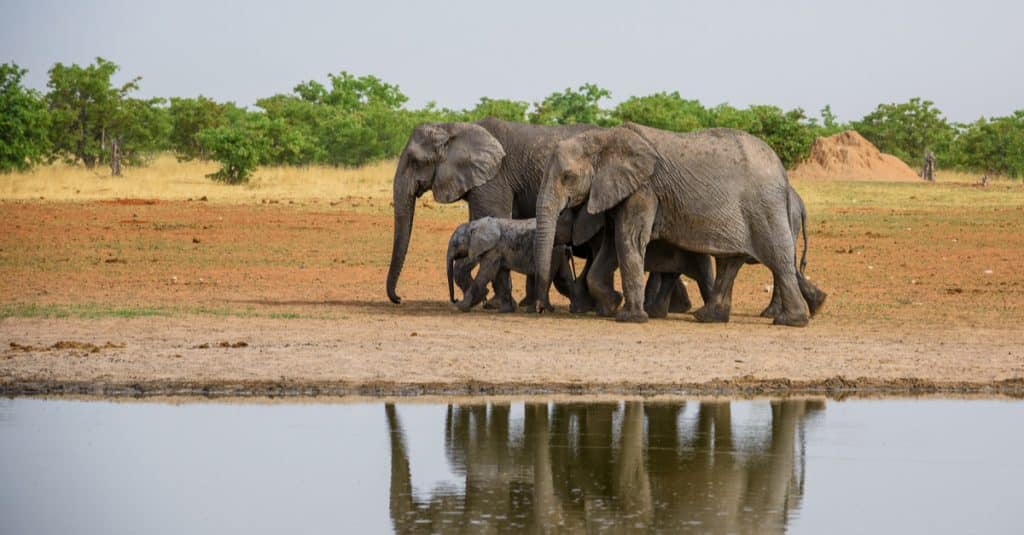For almost three decades, an agreement had preserved these “Super Tuskers” in the border region between Tanzania and Kenya. However, with the recent hunting incidents, this agreement seems to be in doubt. Joseph Ole Lenku, Governor of Kajiado County in Kenya, has expressed his deep concern. In a press release, he expressed his “deep concern” that the new hunting permits issued were “only heightening anxiety about the future of these iconic creatures”, he said, before calling on the Tanzanian authorities to consider the consequences of their decisions.
The figures are alarming. Cynthia Moss, founder of the Amboseli Elephant Fund, reveals that there are only around ten “Super Tuskers” left in the border area between Kenya and Tanzania. The Big Life Foundation, a local non-governmental organisation (NGO), confirms that the three elephants recently hunted in Tanzania were among these rare specimens, whose tusks exceed 45 kilograms.
Nearly 2/3 of “Super Tuskers” have disappeared in just 8 years
The consequences of these hunts are dramatic, not only for the survival of the ‘Super Tuskers’, but also for biodiversity as a whole. At a time when the number of large mammals in Africa’s protected areas fell by 60% between 1970 and 2005, this practice of hunting elephants raises fundamental questions.
Read also-GABON: transitional government readjusts its decision on the slaughter of elephants
Hunters justify their actions by invoking financial contributions to the management of reserves and the preservation of the species. However, these arguments do not always hold water, as demonstrated by the corruption and poaching in certain regions, particularly in Tanzania, where in 2016 foreign hunters were observed shooting pregnant elephants with Kalashnikovs. This situation has led to a drastic fall in the elephant population in certain reserves, such as Selous in the south of the country, where their numbers have been reduced by almost 2/3 in just eight years.
Boris Ngounou
